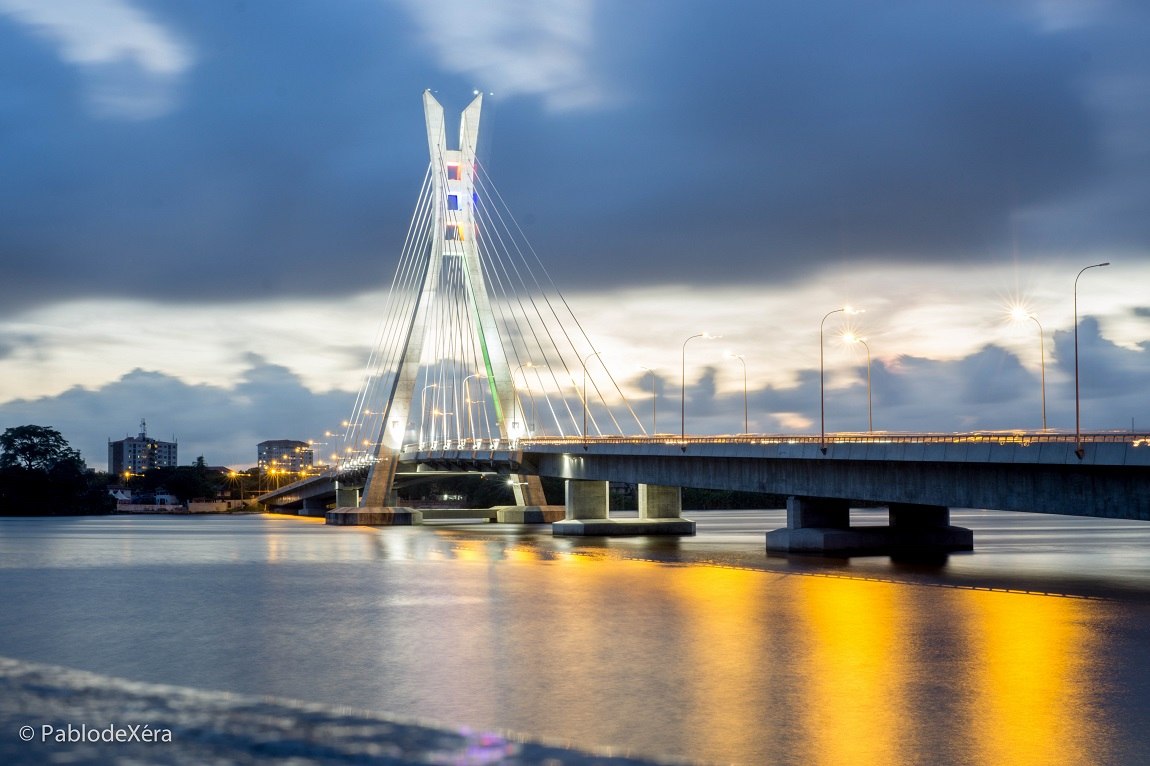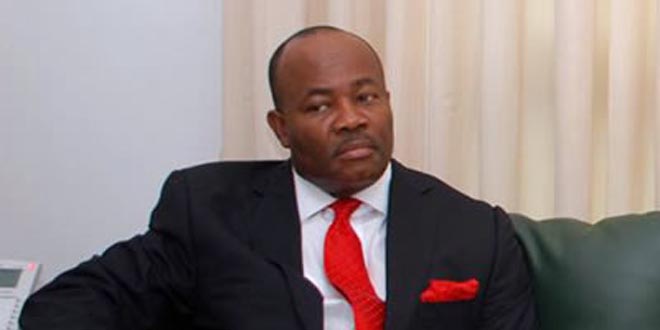Lagos, the largest city in Nigeria and the second fastest growing city in Africa, is a city that never sleeps. From its bustling streets to its vibrant nightlife, Lagos is a hub of activity and diversity.
This megacity has a rich history and culture, and is home to over 21 million people, making it one of the most populous cities in Africa. Lagos has a rich cultural heritage and is a melting pot of different cultures and ethnicities.
Join our WhatsApp ChannelIt is home to several ethnic groups, including the Yoruba, Igbo, and Hausa, as well as people from other African countries and beyond. This diversity is reflected in the city’s food, music, art, and fashion, which are a mix of traditional and modern styles.
The city has a thriving economy, with a growing technology sector and a bustling port that handles a significant amount of Nigeria’s international trade. The city is also a major financial centre in West Africa, with a number of banks, insurance companies, and other financial institutions located there.
Despite its rapid growth and development, Lagos still faces a number of challenges, including traffic congestion, environmental degradation, and crime.
Lagos has a rich cultural scene, with a number of museums, galleries, and cultural centres that showcase the history of Nigeria. One of the most popular cultural attractions in Lagos is the National Museum, which houses a collection of artifacts that tell the story of Nigeria’s history and culture. Lagos also has a thriving music scene, with a number of talented musicians and bands performing a mix of traditional and modern styles.
The city is also known for its food, which is a mix of traditional Nigerian cuisine and international dishes. Lagosians love their street food, and there are a number of food markets and stalls that offer a wide range of dishes, from jollof rice to Suya (spicy grilled meat), to Bole (roasted plantain), and the very popular Shawarma.
Lagos is also a city of contrasts, with wealthy neighbourhoods and slums coexisting side by side. The city has a large informal sector, with many people working in street markets or as informal traders. Despite the challenges that this informal economy poses, it is also a source of creativity and entrepreneurship, with many people starting small businesses and developing innovative solutions to the city’s problems.
While it faces a number of challenges, Lagos is a city that is working to address these issues and create a brighter future for its residents. Whether you’re interested in culture, food, or business, Lagos has something for everyone, and is definitely worth a visit.



















Follow Us